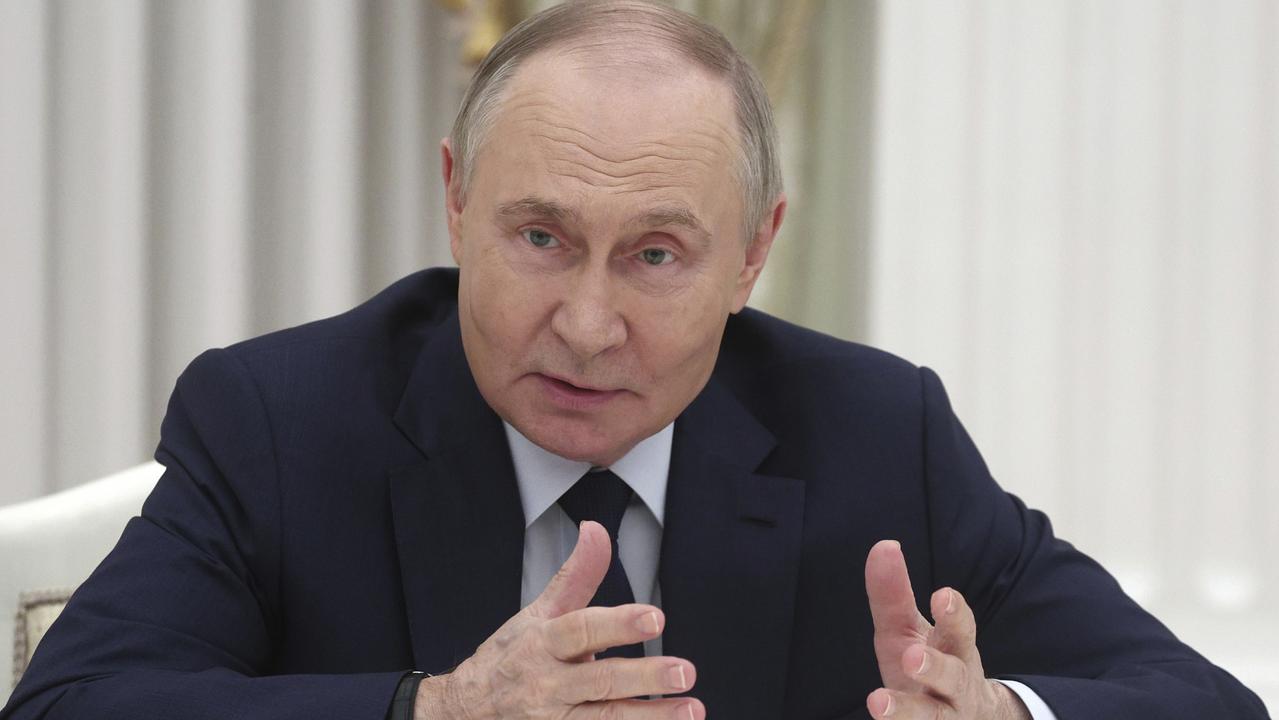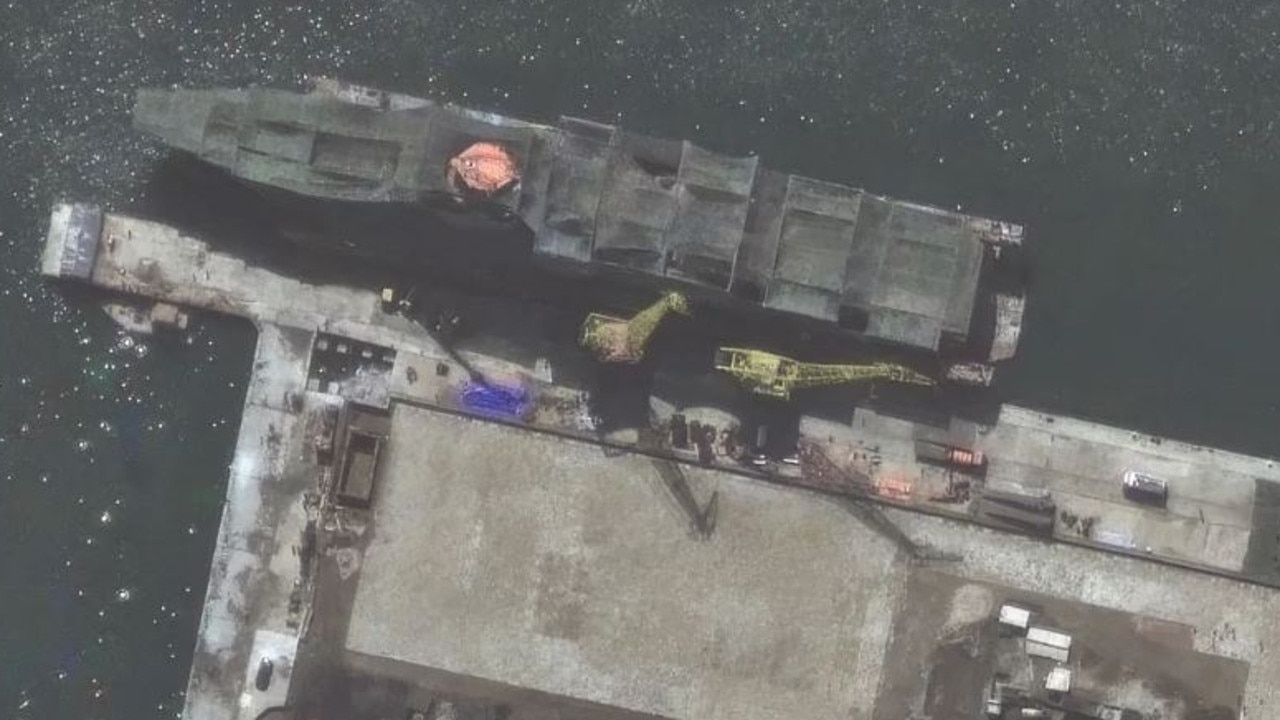‘Troubling trend’ could come for us, expert warns
A “deeply troubling” trend is gripping the world and could soon bring dire consequences for us all, an expert says. Warning: Distressing.
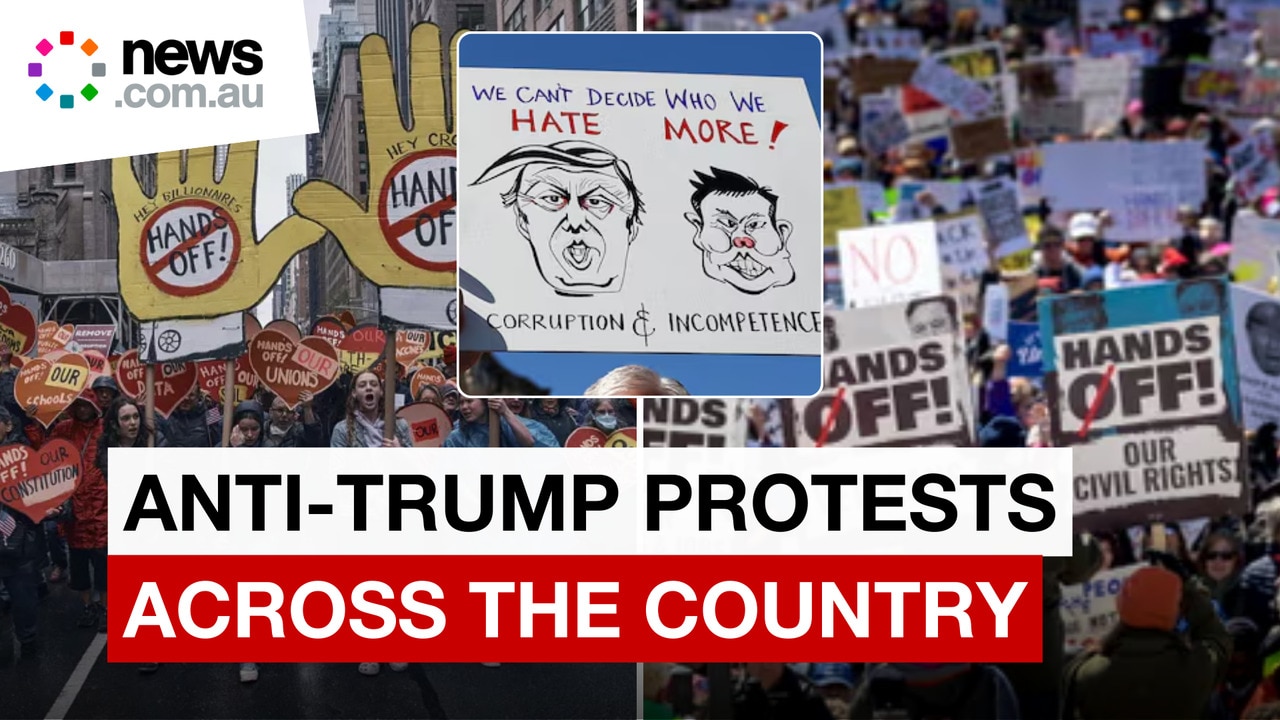
Innovation
Don't miss out on the headlines from Innovation. Followed categories will be added to My News.
Warning: Distressing Content
OPINION
A year ago, I warned in an op-ed for this publication, that we were drifting into one of the most dangerous periods in living memory.
Since then, it feels like we’ve stepped onto a steep and slippery slope, with global norms and institutions eroding at alarming speed. I have to admit that for the first time in my life, I am afraid of the path we’re on.
Not just as the CEO of a charity, but as a dad and a human being.
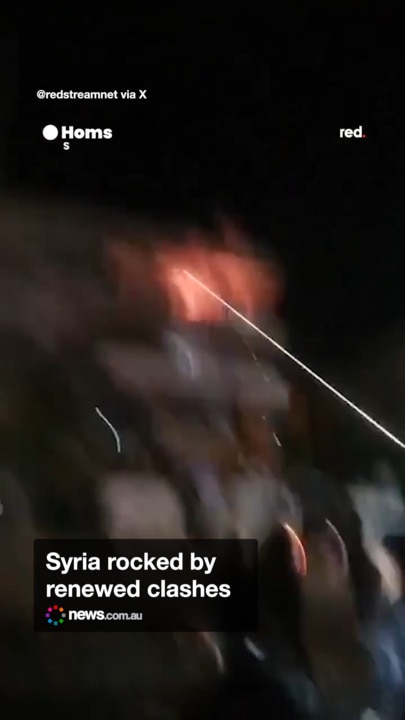
In just the past few months, we’ve witnessed an assault on basic standards of co-operation and accountability — threatening to up-end the global rules-based order that has underpinned decades of relative peace and progress.
At the heart of this backslide is a troubling trend: governments across the world are walking away from global responsibility — starting with foreign aid.
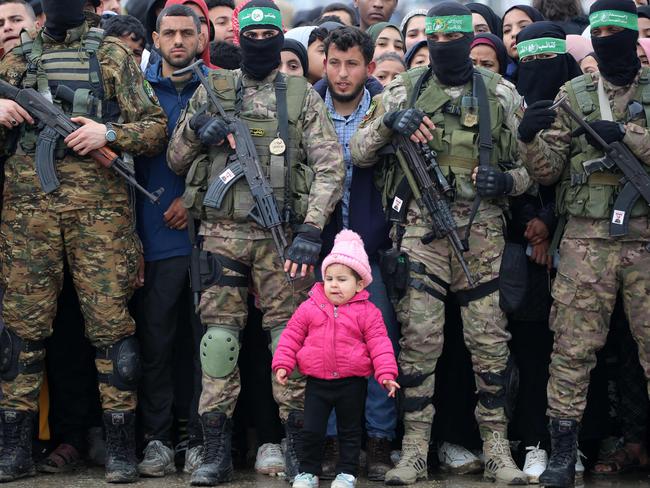
Not just the US, but the UK, Netherlands, France, Germany, Belgium, and Switzerland have all slashed their aid budgets, despite a record number of people globally relying on that support to survive.
Ripping tens of billions of dollars from the systems that protect the most vulnerable around the world is not just unthinkably cruel - it’s also a warning.
Foreign aid is the canary in the coalmine, an easy target, and its targeting is a test of our resolve to stand up for basic human decency. Make no mistake, if the world accepts this collapse, cruelty and conflict will come for the rest of us.
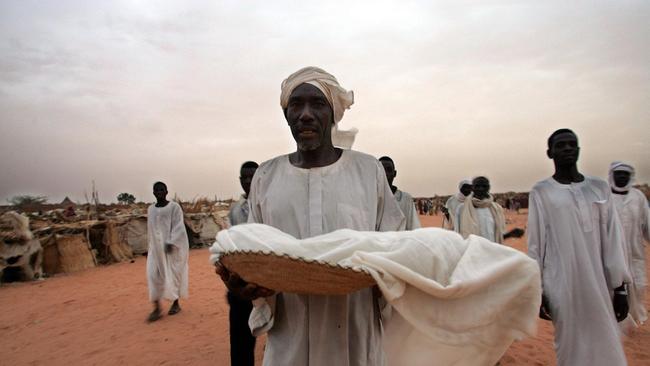
We’re also seeing a broader assault on global co-operation.
The US has launched an assault on international diplomatic norms, including withdrawing from global organisations and sanctioning the International Criminal Court, an institution created to help prevent the kind of violence that occurred during the world wars.
Is three generations long enough to forget how a toxic combination of aggressive nationalism, militarisation, diplomatic hubris and scapegoating led to two world wars?
Eglantyne Jebb – who founded Save the Children – knew all about what happens when the world operates without law and care.
She was appalled by the world’s willingness to allow millions of children across Europe to face death from starvation in the aftermath of World War One, and it led to her drafting the document that became the Declaration of the Rights of the Child.

It was – and is – a demand that humanity treat all children – no matter who their parents are or whether they are children of “the enemy” – as worthy of dignity and protection.
International standards didn’t create a perfect world, but they did create a better one.
Over decades, the world largely worked together to help eradicate deadly diseases, begin to tackle the climate crisis, and prevent global-scale war. Not that long ago, historians even dared to suggest we were living in the most peaceful and prosperous era in the history of our species.
But those gains are now slipping away.
As our commitment to collective action falters, we’ve seen the resurgence of several diseases previously thought under control, such as measles and polio.
A number of major emitting countries have walked back their promises on climate action.

We’ve seen an explosion of violence, including in Ukraine, Sudan and Gaza. These aren’t just humanitarian disasters – they’re fuelling the rise of isolationism, fear, and instability.
If you think the collapse of the rules-based order won’t affect you or your children, think again.
We live in a very interconnected world.
Distant conflicts, climate impacts, and trade wars harm Australia too, whether that’s by worsening the cost-of-living crisis, increasing the risk of new pandemics, forcing more people to flee their homes and reach Australia’s shores, or perhaps even dragging Australia into war.
As a parent, I’m consumed by one question: how do we use this uncertain and chaotic moment to create a better future for our children?
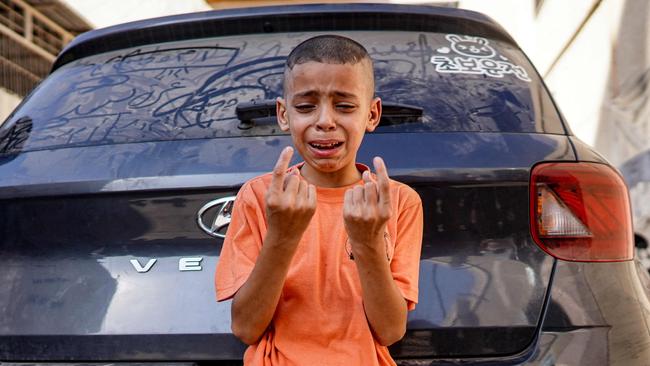
Australia still has a choice. While it may be too late to reverse some of the decisions that have already been made, Australia can and should do more to negate the threats these decisions have wrought.
We can invest more in foreign aid — not just to do what’s right, but to protect our long-term national interests.
We can speak up for international law, and insist on accountability for those who breach it.
We can support the reinvention of global institutions that are more representative, more resilient, and more focused on justice.
And so, my ask as CEO and father, is that when you vote, you don’t only think about tax cuts and interest rates.
Instead, I ask that you also think about the kind of future you want for your children and their children and how to put the globe back on a more peaceful, equal and prosperous path.
Mat Tinkler is CEO for Save the Children Australia
Originally published as ‘Troubling trend’ could come for us, expert warns




